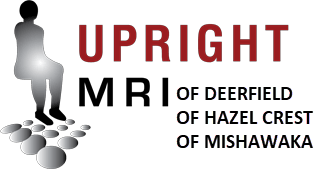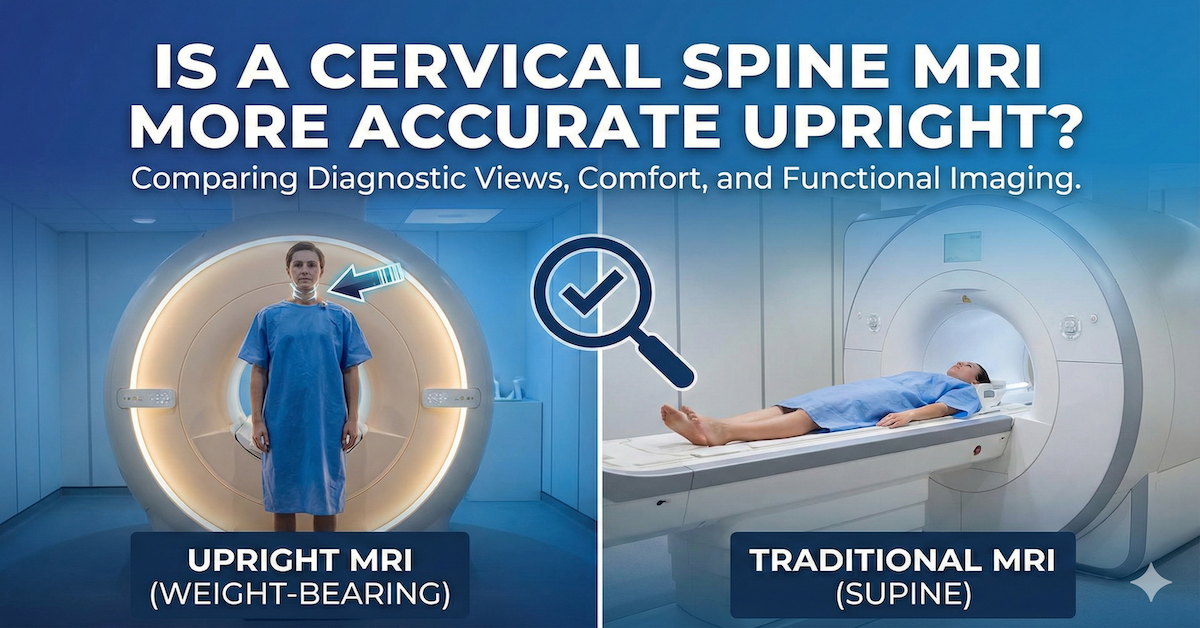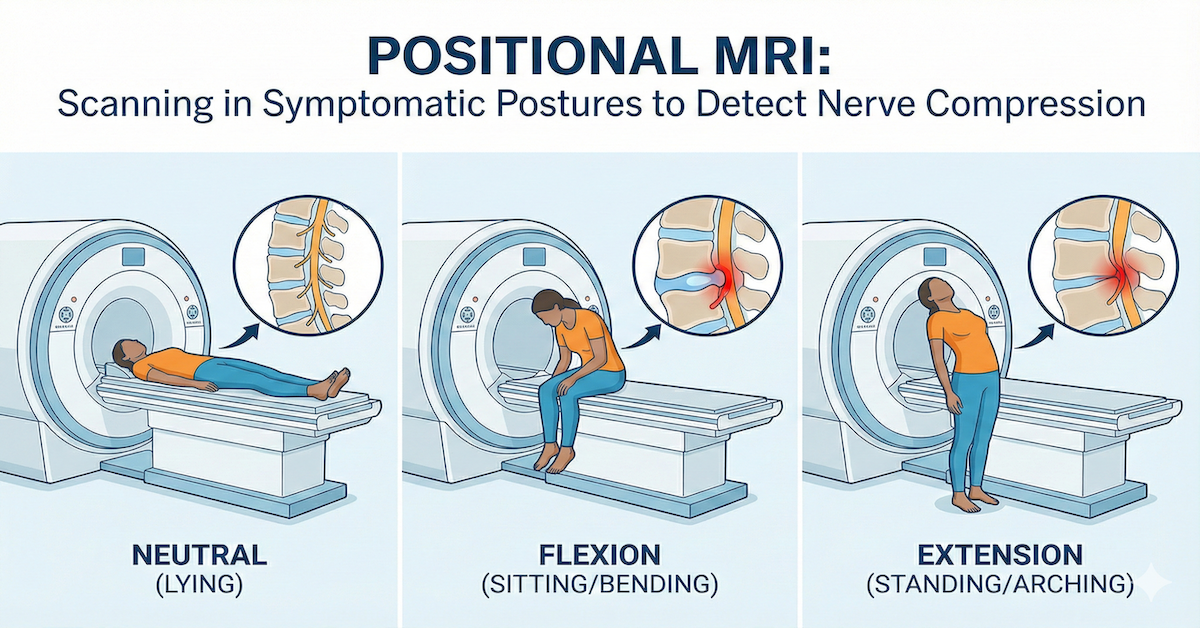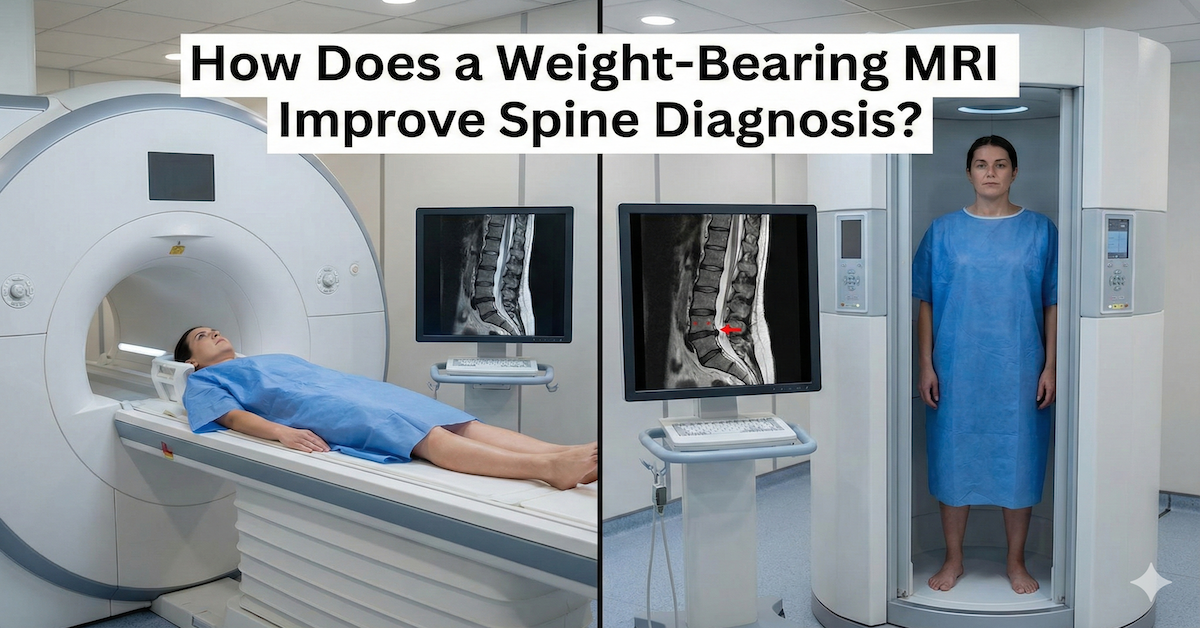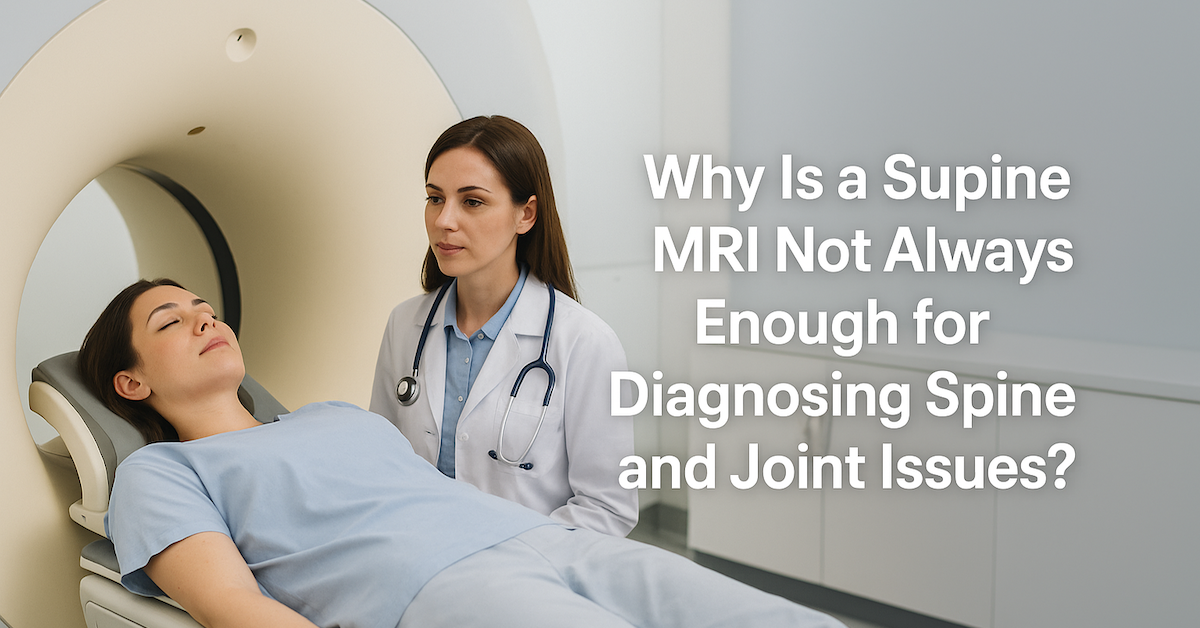Traumatic Brain Injury: Types & Diagnosis
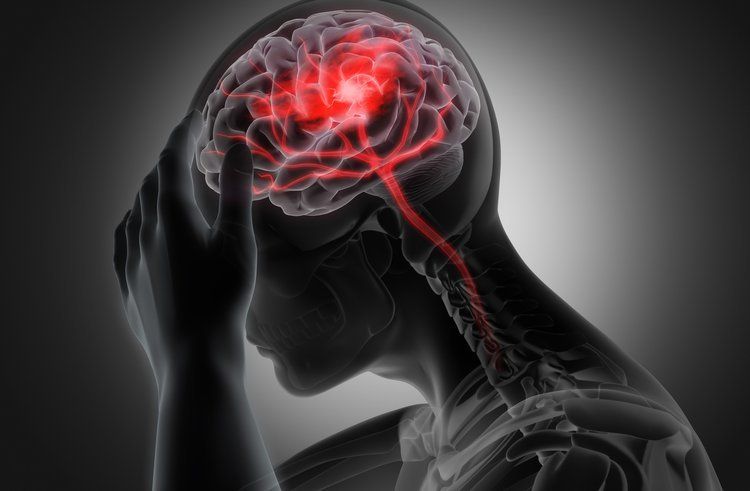
Traumatic Brain Injury is one of the leading causes of death in the United States. Each year, more than
2 million Americans sustain a TBI, with over 56,000 people who die as a result.
What is Traumatic Brain Injury?
Traumatic brain injury (TBI) is a type of damage to the brain that occurs as a result of a sudden external force. This can happen when a person is involved in a collision, suffers a blow to the head, or when an object pierces the skull and enters the brain.
What are the symptoms of a TBI?

Symptoms of TBI can vary depending on the severity of the injury and may not be immediately apparent. However, over the days or weeks after the initial trauma, they may notice new or worsening problems.
Some common symptoms of a mild TBI include:
- Headache
- Nausea/vomiting
- Fatigue
- Dizziness
- Confusion
- Ringing in the ears (tinnitus)
- Sensitivity to light or sound
- Emotional disturbances
- Difficulty remembering things
- Balance problems
- Trouble sleeping
Symptoms of a more severe TBI include the following:
- Prolonged periods of unconsciousness
- Seizures
- Coma
- Problems with language
- Slurred speech
- Behavioral issues
- Slow processing speed
- Motor impairments
- Attention deficits
- Poor executive functioning
- Permanent disability or death
It’s important to see a doctor if you think you are experiencing any of these symptoms following a head injury so that you can get an accurate diagnosis and receive appropriate treatment.
8 main types of Traumatic Brain Injury:
Concussions: This is the most common type of TBI, and it usually occurs when a person experiences a blow to the head.
Contusions: A contusion is a bruise on the brain and can occur when the head hits an object with force.
Intracerebral hemorrhage:
This is a type of bleeding that occurs within the brain, causing the rupture of fragile blood vessels.
Intracranial hematomas:
A hematoma is a collection of blood in the brain and can occur when blood vessels are torn in a head injury.
Coup-contrecoup brain injury:
This is a type of brain injury in which there is damage to the brain tissue at both the site of impact (coup) and on the opposite side of the head (contrecoup). This can occur when the head strikes an object or surface with great force, causing the brain to collide with the inside of the skull.
Diffuse axonal injury:
This type of TBI occurs when the head moves rapidly back-and-forth, causing the brain to bounce around inside the skull.
Penetrating brain injury:
This occurs when an object penetrates the skull and enters the brain. Symptoms can vary depending on where the object enters the brain.
Second impact syndrome:
This is a rare but potentially fatal condition that can occur when a person sustains a second injury before the first one has healed.
The role of MRI in the diagnosis of TBI
Traumatic Brain Injury (TBI) can be difficult to diagnose as symptoms can be subtle and may not appear until days or even weeks after the injury. Magnetic Resonance Imaging (MRI) is often used to diagnose TBI as it can detect abnormalities in the brain that may not be visible on a CT scan.

An MRI scanner uses a strong magnetic field and radio waves to create images of the inside of the body. These images can reveal damage to the brain caused by a TBI such as bruising, swelling, or bleeding. Additionally, it can help doctors distinguish between a TBI and other conditions that may cause similar symptoms, such as a stroke or tumor.
More specifically, an MRI scanner can diagnose a TBI by detecting changes in the brain's white matter. White matter is responsible for transmitting signals between different areas of the brain. When there is damage to the white matter, it interrupts these signals, which can cause problems with thinking, movement, and balance.
The Upright MRI Advantage
Unlike traditional MRI scanners that require the patient to lie down inside a narrow cylinder, an Upright MRI machine, also known as an open MRI machine, is more spacious and allows patients to remain upright during the procedure. This can provide a more comfortable experience for patients, especially for those with claustrophobia or anxiety.
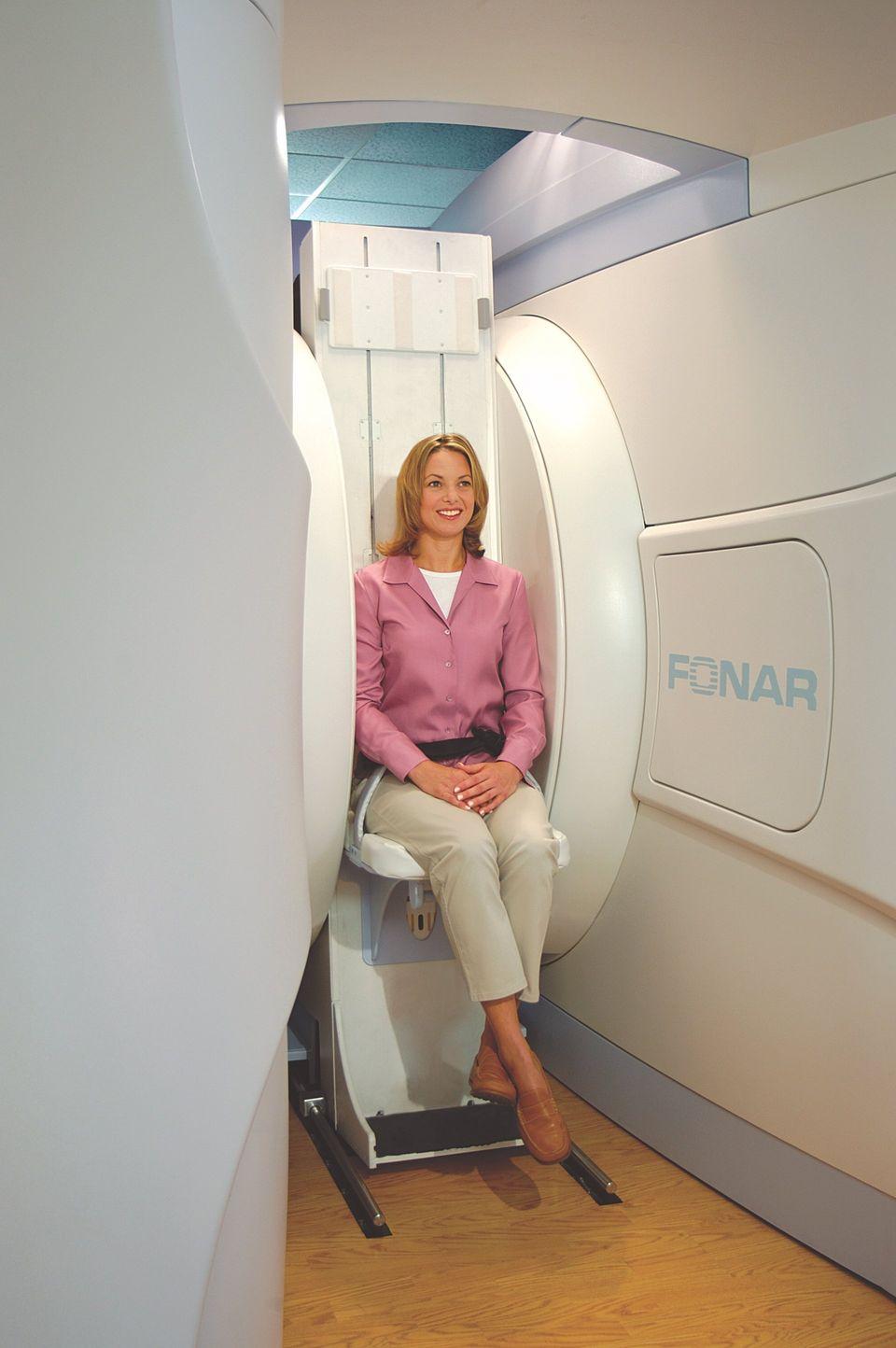
Additionally, when patients can sit or stand during their scan, they tend to feel more comfortable than when lying down in a traditional machine. This can be especially beneficial for elderly patients or those who suffer from chronic pain.
Finally, an open MRI machine can provide a more detailed scan. Because the machine can take images from different angles, it allows for more accurate images of the inside of your body. This can be helpful in diagnosing problems or detecting potential issues early on.
If you’re considering getting an MRI, be sure to talk to your doctor about whether an
upright MRI machine would be the best option for you.
Visit Upright MRI of Deerfield
If you or a loved one experienced a recent head injury, it’s important to seek medical attention as soon as possible. At Upright MRI of Deerfield, we focus on patient experience and MRI safety and strive to make scheduling appointments as convenient as possible. Furthermore, our team of experts will work with you to get the answers you need and help you on the road to recovery.
For more information on TBI and Upright MRI of Deerfield, please
visit our website or
contact us today.
SHARE THIS POST:
Leave a Comment:

The World's Most Patient-Friendly MRI. A comfortable, stress-free, and completely reliable MRI scan. We offer patients an open, upright, standup MRI experience that helps those who are claustrophobic and stress being in a confined area. Upright MRI of Deerfield is recognized as the world leader in open MRI innovation,
Our Recent Post
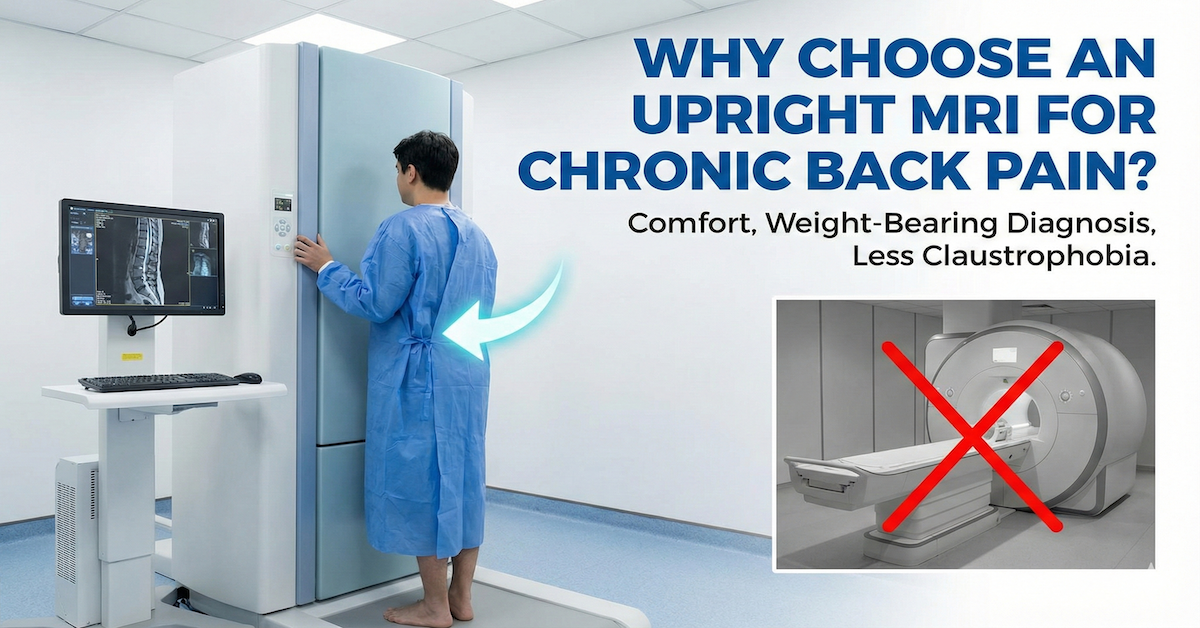
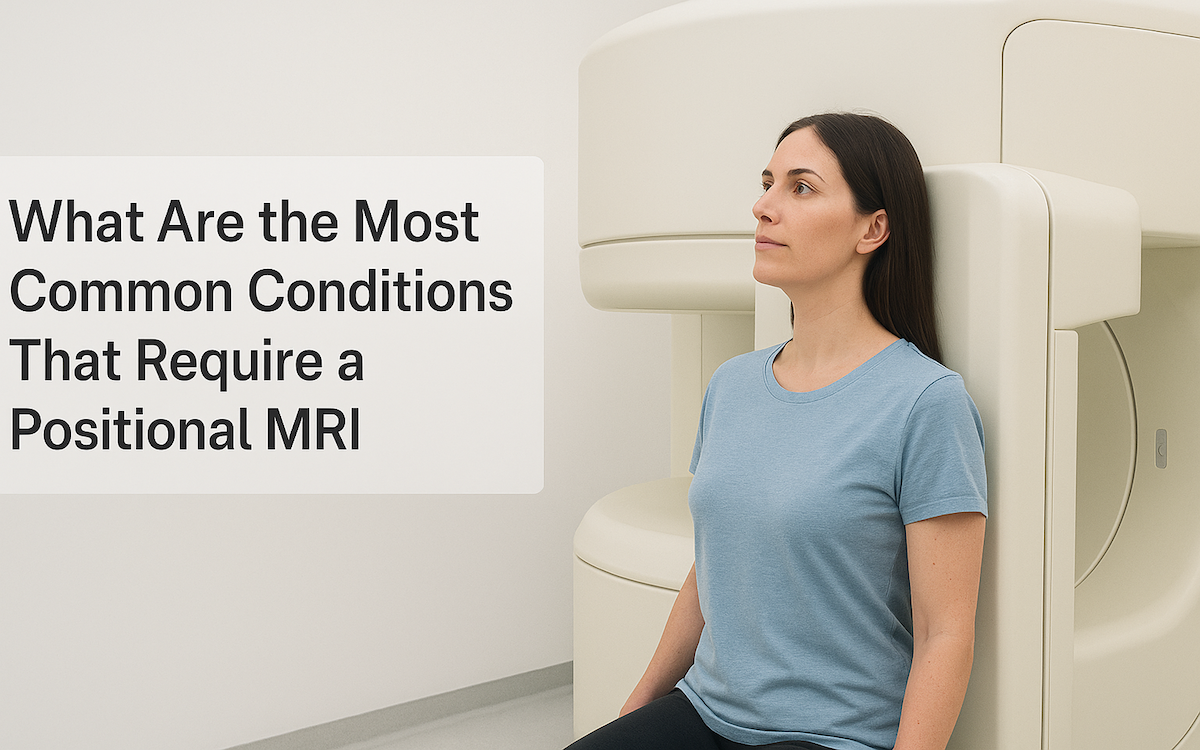
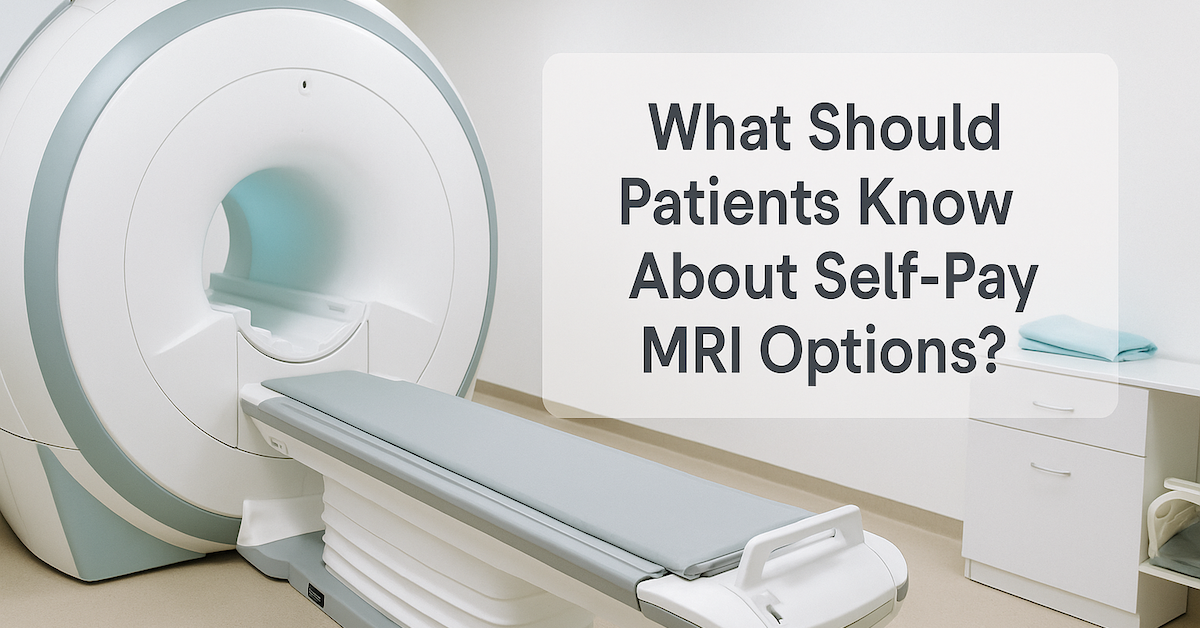
READ PATIENT TESTIMONIALS
Upright MRI of Deerfield.
Susan D.,
Highland Park, 39
I am going to tell everyone about your office! This was a great experience after I panicked in other MRI machines and had to leave. Thank you so much.

Judith B.,
Milwaukee, 61
I suffer from vertigo and other MRIs do not work. This was wonderful…absolutely NO discomfort at all. The MRI was so fast…I wanted to stay and watch the movie! Mumtaz was great. His humor really put me at ease. I’ve already recommended Upright MRI to friends.

Delores P.,
Glencoe, 55
Everything is so nice and professional with your place. I have been there a couple of times. My husband and I would not go anywhere else.

